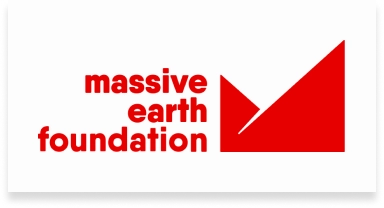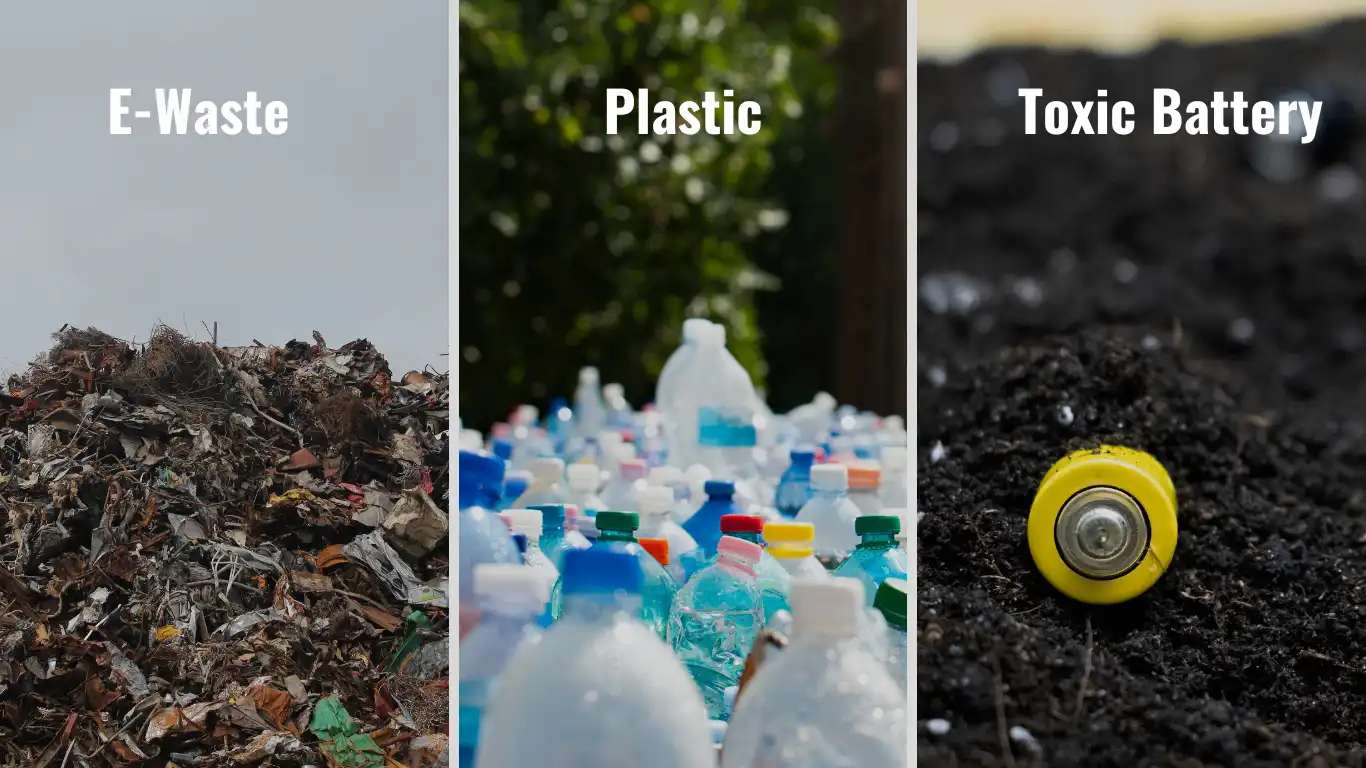Extended Producer Responsibility (EPR) is an environmental policy approach that holds producers accountable for the entire lifecycle of their products, particularly for take-back, recycling, and final disposal. This strategy incentivizes manufacturers to design products with minimal environmental impact, promoting sustainability and reducing waste.
Why is EPR Important in India?
India faces significant challenges with waste management due to rapid urbanization and industrial growth. The country generates approximately 3.5 million tonnes of plastic waste annually.
Implementing EPR is crucial for:
- Reducing Environmental Pollution: EPR ensures that producers manage the disposal of their products, thereby decreasing pollution levels.
- Promoting Recycling and Resource Efficiency: By mandating recycling, EPR helps conserve resources and reduces the strain on landfills.
- Encouraging Sustainable Product Design: Producers are motivated to create eco-friendly products, aligning with global sustainability trends.
How EPR Can Benefit Industries

EPR offers several advantages across various sectors:
Waste Management
Industries can develop efficient waste collection and recycling systems, turning waste into valuable resources and reducing disposal costs.
Fashion
The fashion industry can adopt sustainable practices by recycling textiles and reducing waste, enhancing brand reputation and meeting consumer demand for eco-friendly products.
Food Packaging
Implementing EPR in food packaging encourages the use of recyclable materials, reducing environmental impact and complying with regulations.
Delivery Services
EPR promotes the use of sustainable packaging in delivery services, minimizing waste and improving customer satisfaction.
Key Components of EPR
EPR frameworks typically include:
- Product Take-Back Programs: Systems for collecting end-of-life products from consumers.
- Recycling Targets: Specific goals for recycling rates that producers must achieve.
- Financial Responsibility: Producers bear the costs associated with waste management.
- Regulatory Compliance: Adherence to laws and guidelines governing product lifecycle management.
EPR in India: Legislative Framework
In India, EPR was introduced under the E-Waste (Management and Handling) Rules, 2011, making producers responsible for the collection and proper disposal of electronic waste.
This framework has since expanded to include plastic waste management, with guidelines issued in 2022.
Conclusion
EPR is a pivotal strategy for sustainable development in India, addressing waste management challenges and fostering environmental responsibility among producers. By integrating EPR into their operations, industries can contribute to a cleaner environment and align with global sustainability standards.






